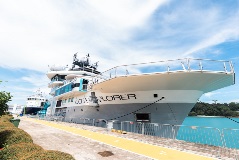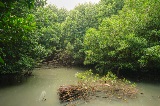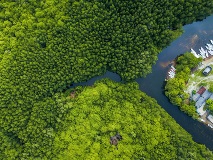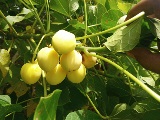Project Partner: Lee Kong Chian Natural History Museum, National University of Singapore
Geographies: Singapore, Indonesia, Malaysia, Philippines, Thailand, Timor Leste
What is the core idea of the pilot?
Biodiversity data and information collected are critical for nature conservation in Southeast Asia. The proposed Marine Biodiversity Survey of Southeast Asia (MBSSEA) project is unique in bringing together new biodiversity sampling devices, high-throughput DNA sequencing technologies and the best taxonomic expertise in Southeast Asia, executed through a series of expeditions and ARMS deployments at six localities, to study the understudied species focusing on the cryptobiome, and to determine the magnitude of marine biodiversity in the region.
The findings are expected to plug gaps in knowledge crucial for the future of the region’s sustainable development and nature conservation. These plans are increasingly pertinent in the face of climate change, with future impacts like sea-level rise, rising sea surface temperatures and ocean acidification threatening the existence of Southeast Asia’s marine biodiversity.
Why is this innovative?
The first phase of the project — the second Comprehensive Marine Biodiversity Survey of Singapore (CMBSS2) conducted in partnership with the National Parks Board Singapore — would serve as the launchpad and training ground for research scientists and volunteer citizen scientists. Southeast Asian researchers, after training, will then apply the skills learned to undertake smaller-scale demonstrator projects at five other localities in Southeast Asia.
What will success look like?
- Increased Regional Biodiversity Research Capacity and Knowledge: 75 research scientists and 200 volunteer citizen scientists will be trained in both traditional and modern biodiversity sampling and processing techniques.
- Species Discovery: Raise the capacity of the region to increase the rate of species discovery, potentially outpacing current species loss.
How will success be achieved?
MBSSEA is envisaged to comprise (a) three major expeditions and deployment of the ARMS units in Singapore, and (b) smaller-scale demonstrator projects at five other localities in Southeast Asia — Lombok (Indonesia), Pulau Bidong (Malaysia), Verde Island (Philippines), Ko Sichang (Thailand) and Timor-Leste.
- Workshops on marine biodiversity, sampling and Autonomous Reef Monitoring Structures (ARMS) involving 100 research scientists and 200 volunteer citizen scientists;
- Three coastal expeditions each lasting two months for Singapore and three coastal expeditions, each lasting 7 days, for each of the five (5) demonstrator projects;
- Deployment of 80 Autonomous Reef Monitoring Structures (ARMS), followed by retrieval and processing after 1-2 years;
- Taxonomic, laboratory and analytical work;
- Establishment of regional biodiversity knowledge database;
Who is leading the project?
Lee Kong Chian Natural History Museum (LKCNHM), a department of the National University of Singapore (NUS), has an established record of long-term, sustainable marine research in Singapore and in Asia. This has been achieved through extensive partnerships with about 100 institutions from 48 countries developed over the last three decades.
Research staff has been involved in long-term, systematic quantitative monitoring programmes of major ecosystems such as coral reefs, mangrove forests and seagrass meadows. In collaboration with the National Parks Board, the team at NUS conducted the Comprehensive Marine Biodiversity Survey (CMBS) in 2010, which was Singapore’s first effort to systematically and extensively assess the diversity in marine habitats within its territorial waters. These efforts discovered 37 species new to science and found more than 300 species new to Singapore. The findings were detailed in 54 publications.
Most recently, LKCNHM capitalised on its partnerships in the Southeast Asia region to successfully organise and execute the South Java Deep-Sea NUS-LIPI Biodiversity Expedition 2018, a two-week cruise to southern Java involving 31 research scientists and staff from Singapore and Indonesia. The team discovered over 260 new records, 27 new species and 1 new genus, publishing the findings in over 30 academic papers.

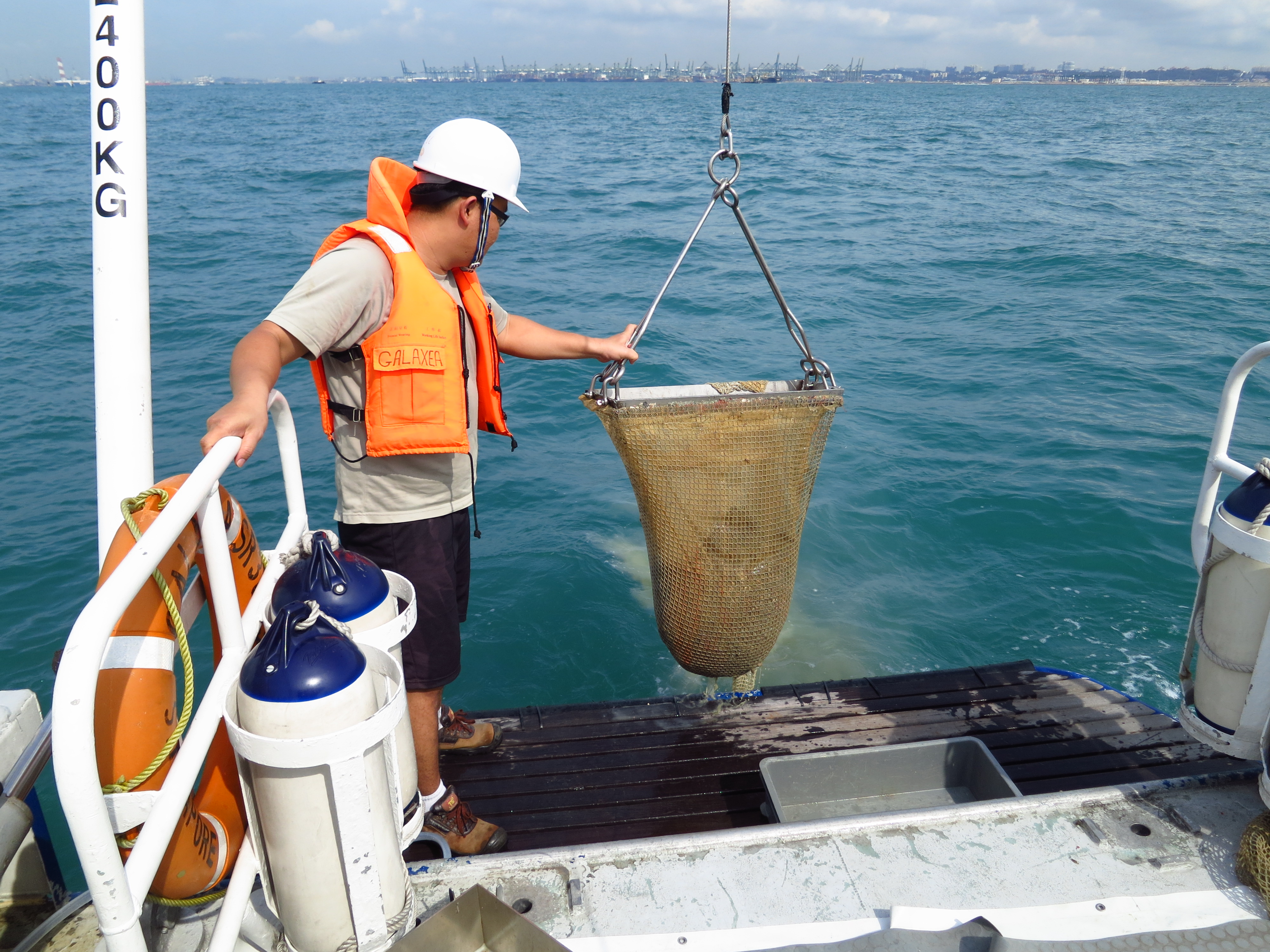


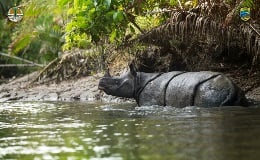


.tmb-.jpg?Culture=en&sfvrsn=9ab1f1f6_1)
